Application of Tungsten Disulfide in Bearing Lubrication
- Details
- Category: Tungsten Information
- Published on Tuesday, 05 November 2019 09:30
- Written by Yanqiu
- Hits: 1629
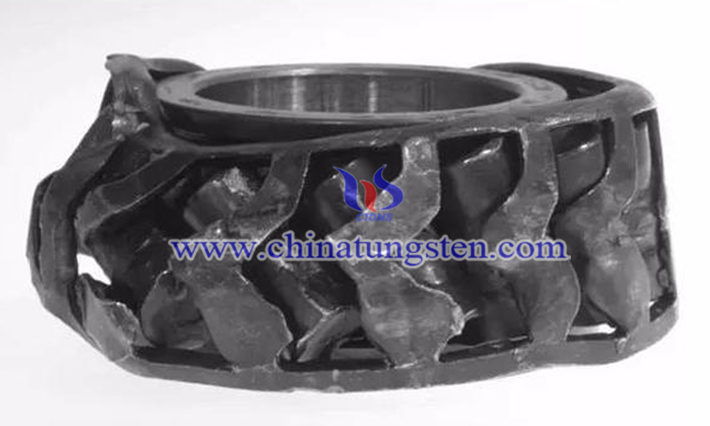
Tungsten disulfide is an ideal material for bearing lubrication. It is suitable for the working environment of heavy load, and can form a dense protective film of tungsten trioxide on bearing surface under high temperature, so as to reduce the wear.
Read more: Application of Tungsten Disulfide in Bearing Lubrication
Tungsten Disulfide Used in Deep Groove Ball Bearing Lubrication
- Details
- Category: Tungsten Information
- Published on Tuesday, 05 November 2019 08:53
- Written by Yanqiu
- Hits: 1693
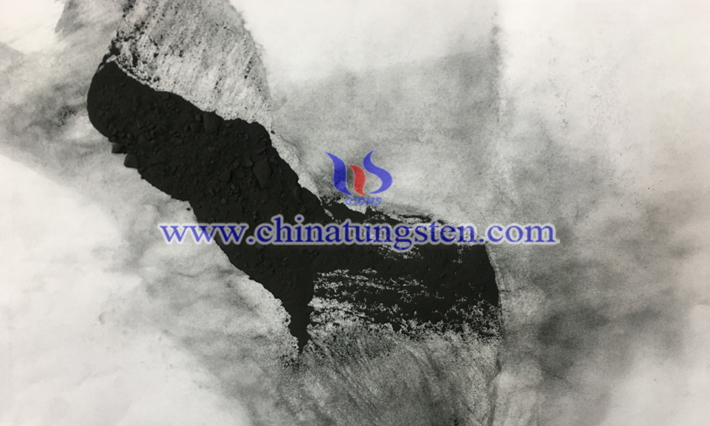
Tungsten disulfide has high application value in the lubrication of deep groove ball bearing with its excellent corrosion resistance. It provides maximum corrosion protection for this kind of part, which works under high temperature and heavy load. It is an efficient multifunctional material.
Read more: Tungsten Disulfide Used in Deep Groove Ball Bearing Lubrication
Tungsten Disulfide for Rolling Bearing Lubrication
- Details
- Category: Tungsten Information
- Published on Tuesday, 05 November 2019 08:46
- Written by Yanqiu
- Hits: 1620
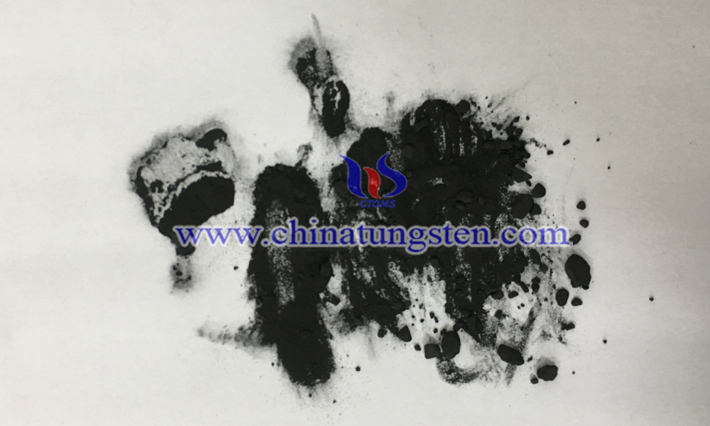
Tungsten disulfide is suitable for the working environment of rolling bearing with high temperature and heavy load. It has good lubricating performance as well as excellent high temperature and extreme pressure resistance. Therefore, it is an ideal material for rolling bearing lubrication.
Read more: Tungsten Disulfide for Rolling Bearing Lubrication
Tungsten Disulfide Applied in Bearing Lubrication
- Details
- Category: Tungsten Information
- Published on Tuesday, 05 November 2019 08:49
- Written by Yanqiu
- Hits: 1658
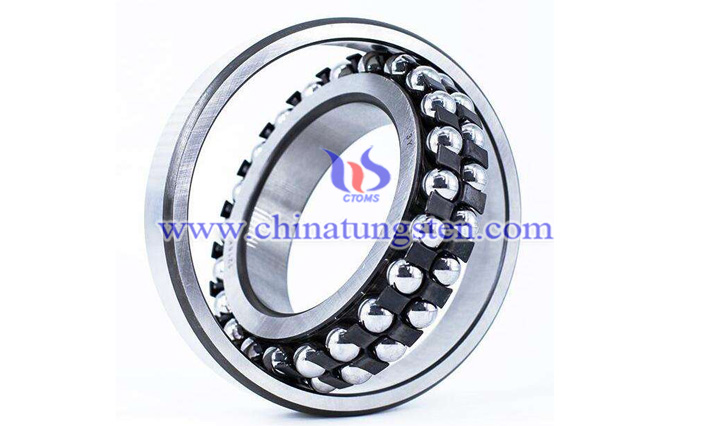
Tungsten disulfide will form a dense protective film of tungsten trioxide under high temperature, which plays a role of lubrication. Therefore, this kind of material is used in bearing lubrication to reduce the surface wear and improve the service life of bearing.
Read more: Tungsten Disulfide Applied in Bearing Lubrication
Tungsten Trioxide Nano Sheet Preparation by Electrochemical Anodization
- Details
- Category: Tungsten Information
- Published on Monday, 04 November 2019 17:03
- Written by meiwei
- Hits: 1567
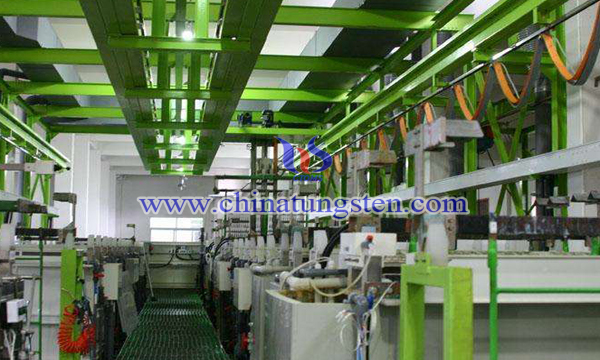
Tungsten trioxide and its hydrated oxide are very important n-type semiconductor materials, with band gap between 2.4-2.8ev. They have excellent physical and chemical properties and unique electrocatalytic activity, and have very important applications in electrochromic, gas sensitive, electrocatalytic and photocatalysis fields.
Read more: Tungsten Trioxide Nano Sheet Preparation by Electrochemical Anodization





 sales@chinatungsten.com
sales@chinatungsten.com